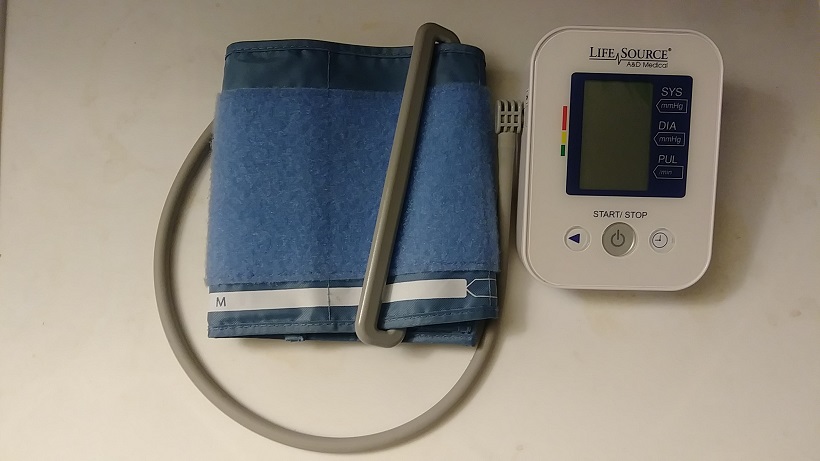Most people go to the doctor only when they are having medical symptoms or not feeling well. Worse, many of us avoid the doctor, whether it’s because we’re afraid of needles, other sick people, or the mere sight of those cold, paper-covered examination tables.
But it’s important to have regular medical examinations. It’s the same idea as having car maintenance every 3,000-5,000 miles—preventative care. You only have this one body, so why not keep it as healthy as possible?
Here are some of the medical tests you should ask for at your next checkup or schedule for the next one.
1. Blood pressure
Blood pressure screenings aren’t the fanciest of tests, but that just makes it easier for you. Screenings usually don’t require more than a sphygmomanometer, so make sure you wear a short-sleeve shirt for easy access to your arm. Elevated blood pressure could be a sign of heart disease, stroke, and excess stress.
Medical Supplies and Equipment
Unfortunately, most patients tend to be pretty nervous when they visit the doctor’s office, which can cause a rise in blood pressure readings. If you have existing problems with high blood pressure, you may want to invest in an at-home machine to monitor blood pressure readings. But when you’re at the doctor’s, try to remain calm and take deep breaths before and during the test.
2. Colonoscopy
According to the American Cancer Society, colorectal cancers are the third most common cancer in men and women. There’s about a 1 in 20 risk of developing colorectal cancer in your life. Until there is a medical cure for cancer, this uncomfortable test will be necessary for early detection. Even if you don’t show any signs or risk factors for colorectal cancer, you should ask for annual colonoscopies beginning at age 50. Colonoscopies can also help detect digestive issues.
The test involves a long, thin tube with a tiny camera attached to the tip. The doctor guides the tube into the patient’s colon. Polyps and abnormal tissue can be removed through the scope. Recently, doctors have been using virtual colonoscopies, which use tomography scans to create an image of the colon. This is more comfortable for the patient, but studies show that virtual colonoscopies tend to miss things more than traditional colonoscopies.
3. Skin cancer
Dermatologists can perform yearly skin exams to detect signs of the three most common forms of skin cancer—melanoma, squamous cell carcinoma, and basal cell carcinoma. Usually, the first sign of skin cancer is a change in the size, shape, or color of a mole. Asymmetrical moles may also be an indicator of skin cancer. During the exam, your dermatologist will go over your entire body and look at moles, growths, and lesions. Just make sure you remove all nail polish from your fingers and toes—dermatologists check your nails and nail beds as skin cancers can form there.
4. Stress
With work, family, personal finances, and all the little, everyday problems that crop up, it’s easy to feel stressed out now and then, but studies show that constant stress has some very real, very harmful effects on the body, including nausea, chest pains, digestion issues, and frequent colds.
A stress test administered by your doctor determines if there is enough blood flowing to and from your heart during times of increased activity or stress. Essentially, the doctor wants to see how much stress your heart can handle before it starts showing an abnormal rhythm or ischemia. This usually involves running or jogging on a treadmill or pedaling a stationary bike for a set period. The results of the test can point to signs of coronary artery disease, identify abnormal heart rhythms, and develop a safe, healthy workout. From there, you can discuss ways to decrease stress or prevent stress overload to ensure good heart health.
Remember that going to the doctor is about more than just scary shots and physicals. These simple tests could save your life. Consult your doctor for the best tests to promote good health.

